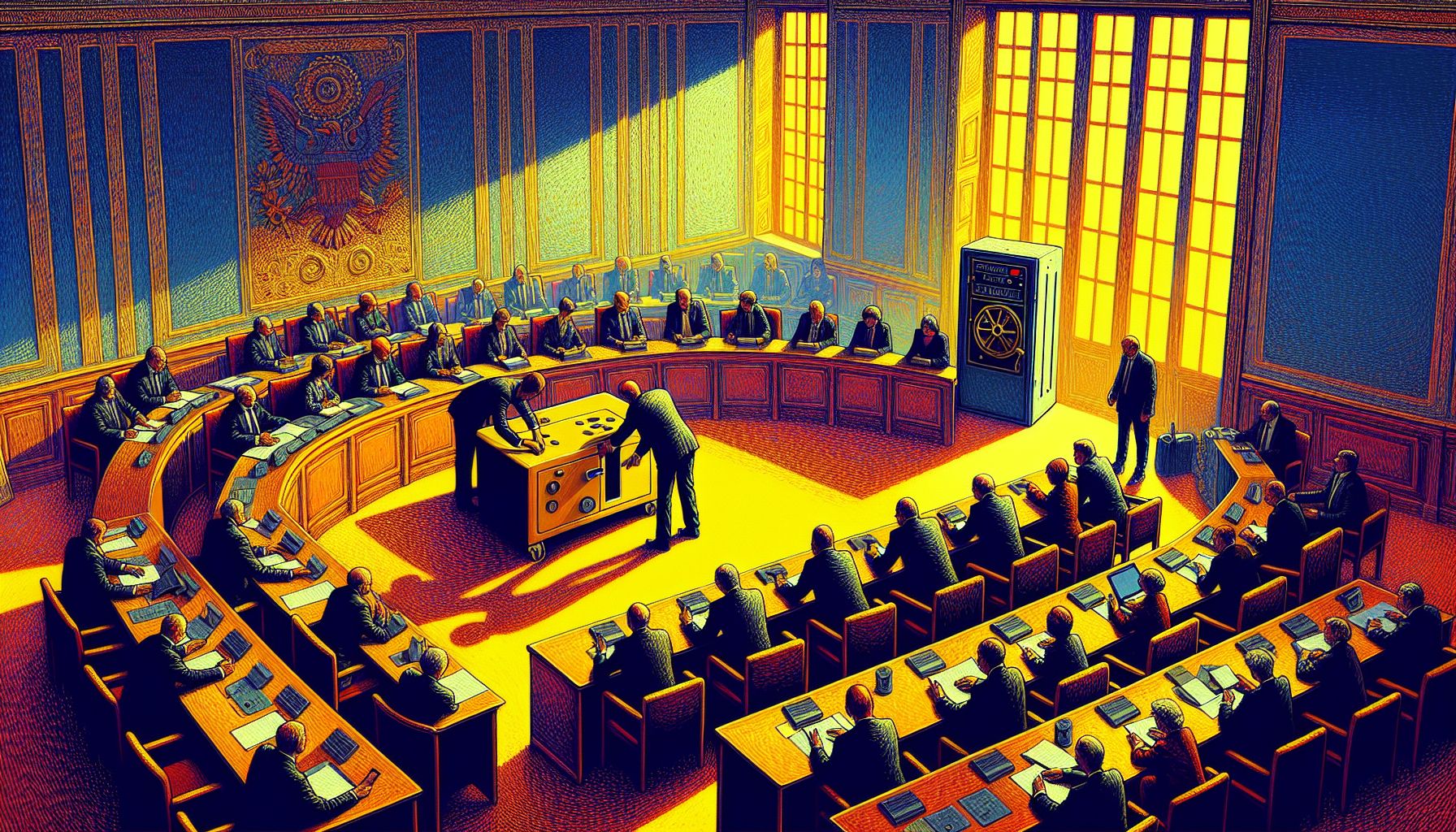Dutch PM Bans Phones in Cabinet Meetings to Combat Espionage

The Hague, Monday, 26 August 2024.
Prime Minister Dick Schoof, former intelligence chief, implements strict security measure to prevent digital eavesdropping. Ministers now required to store devices in a safe during meetings, marking a shift from previous administration’s practices.
Background and Motivation
The decision to ban electronic devices in cabinet meetings comes as a proactive measure against espionage. Prime Minister Dick Schoof, who assumed office in July 2024, emphasized that the threat of espionage is ever-present. Schoof’s background as the former head of the General Intelligence and Security Service (AIVD) heavily influenced this decision. He noted that electronic devices such as phones and tablets are potential listening devices that could be exploited by foreign entities interested in the Netherlands’ decision-making processes[1].
Immediate Implementation
The ban was implemented immediately after Schoof’s technocratic government took office. All ministers, state secretaries, and civil servants attending the cabinet meetings are now required to place their electronic devices in a secure safe before the meetings commence. The prime minister described the measure as ‘completely natural’ given his extensive experience in the intelligence community, and he reported that all cabinet members agreed to the new rule without hesitation[2].
Comparison with Previous Administration
Under Schoof’s predecessor, Mark Rutte, such stringent measures were not in place. While previous cabinets occasionally had ministers leave their phones outside, it was not a consistent practice. Schoof has been careful not to criticize the former administration but noted that different assessments were made at the time. His approach, however, reflects his deeper understanding of espionage risks given his intelligence background[2].
Security Concerns and Broader Context
The Netherlands has been increasingly vigilant about espionage, particularly with concerns about cyber threats from countries like China targeting its tech sector. Erik Akerboom, the current chief of the AIVD, highlighted last year the persistent attempts by foreign actors to steal sensitive information from the Netherlands. This context underscores the importance of Schoof’s measures to safeguard national security[3].
Reactions and Challenges
Minister of Home Affairs Judith Uitermark, who oversees the AIVD, supported the measure, describing it as sensible given the current landscape of hacking and wiretapping activities. While she acknowledged the challenges of adapting to a device-free environment, such as reverting to paper-based methods, she stressed the importance of ensuring that state secrets are discussed as securely as possible[2].
Future Implications
Schoof’s government is currently in the process of developing a detailed policy blueprint, set to be unveiled next month. This blueprint will likely include further measures to enhance governmental security and prevent espionage. The ongoing vigilance and proactive stance of the Dutch government indicate a robust approach to safeguarding national interests in an increasingly digital and interconnected world[1].

